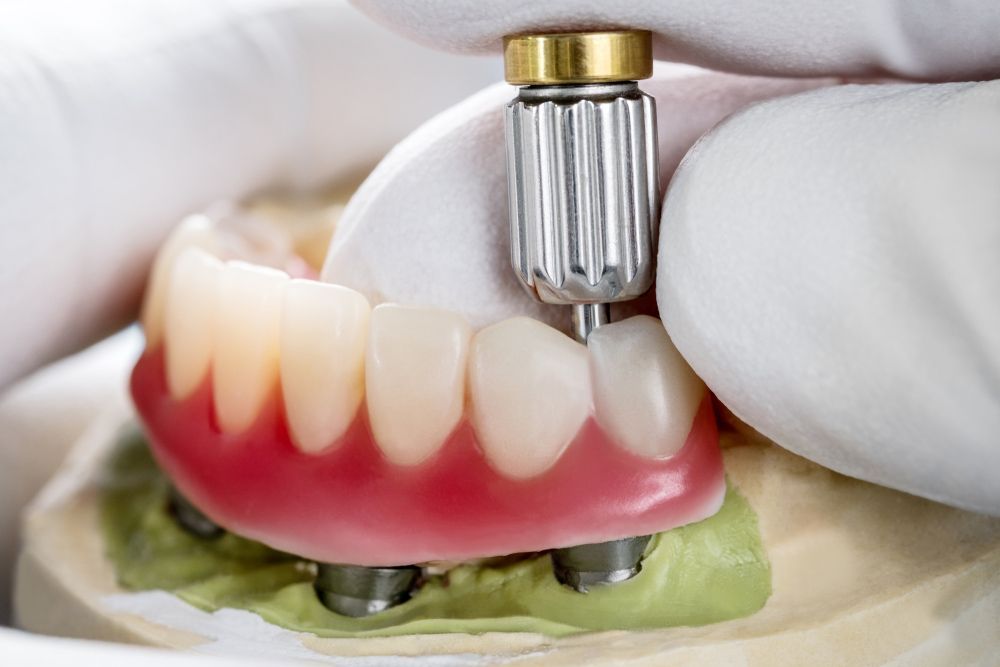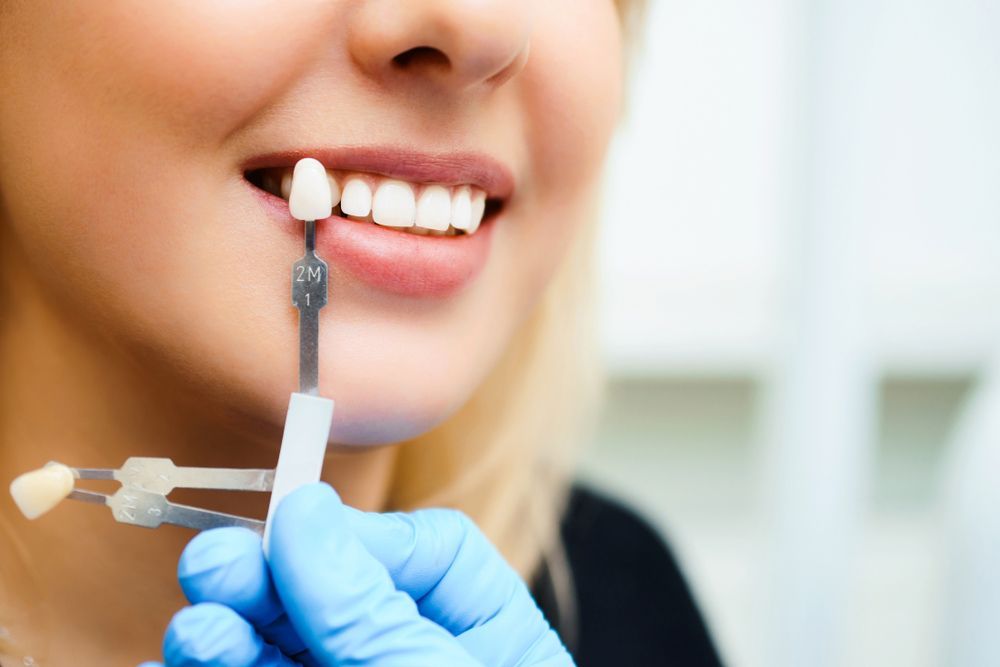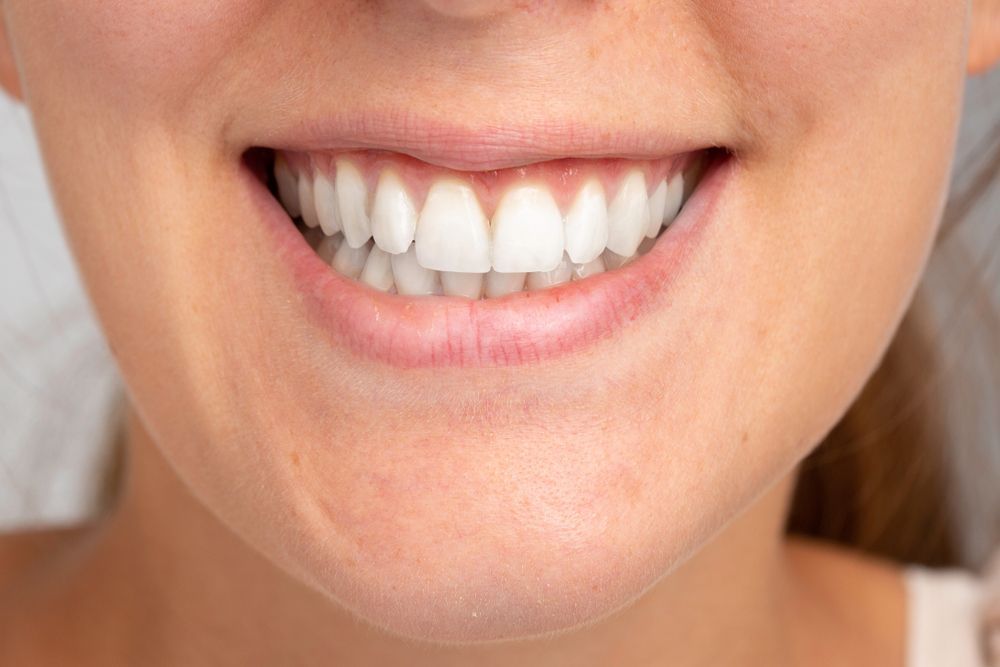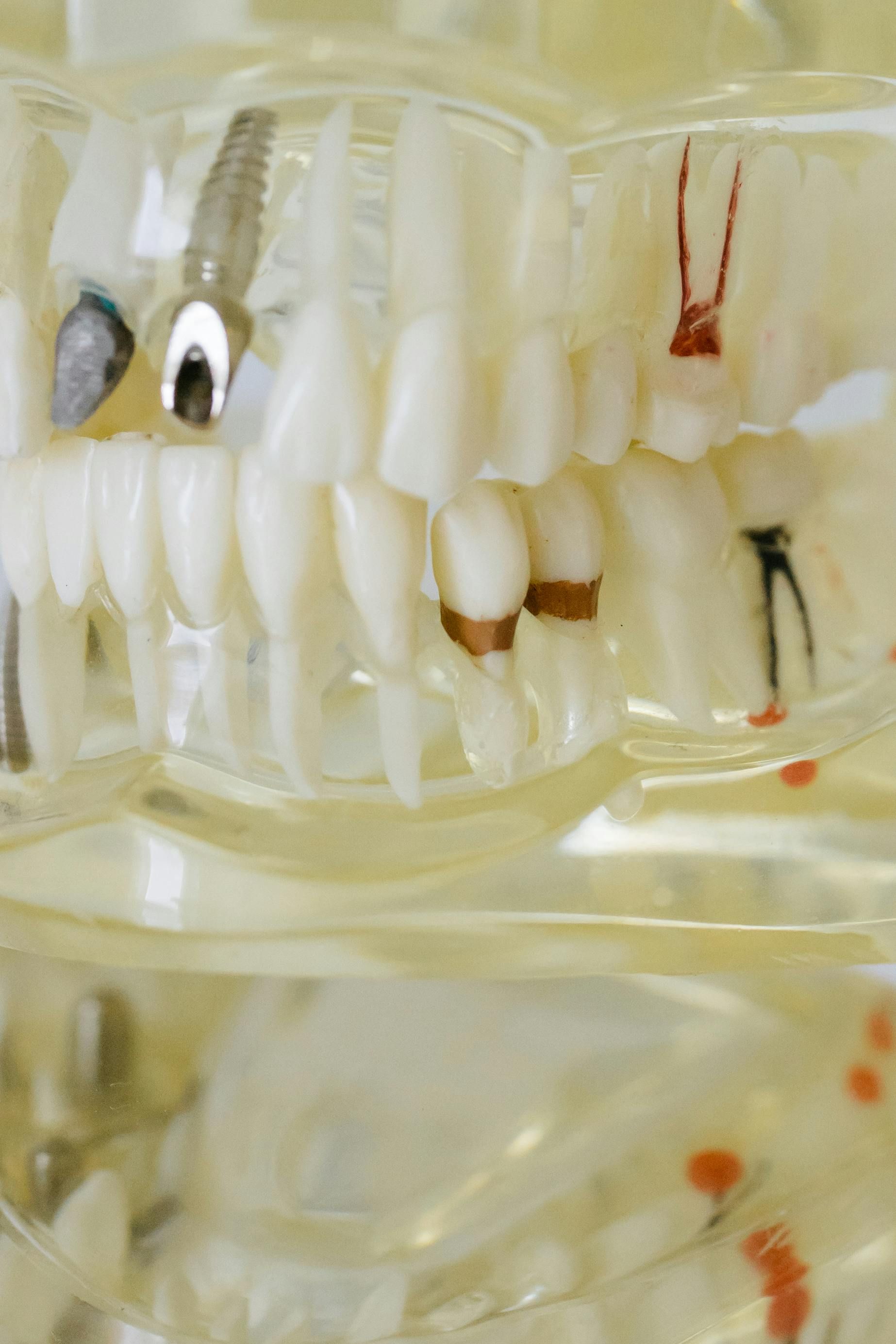How to Prepare for Your Dental Implant Surgery
Dental implant surgery is a step many individuals consider when exploring options for restoring missing teeth. For those looking into dental implants in Newcastle, it’s common to have questions about how to prepare, what to expect, and how recovery might unfold. Preparing thoroughly can offer a clearer path through what might otherwise feel like a complex journey. From understanding the treatment plan to making changes at home for recovery, each stage has its considerations. This blog explores key preparation tips and care practices surrounding dental implant surgery.
On this page:
- Understanding the Dental Implant Journey from Consultation to Completion
- Why Pre-Surgical Health Checks Matter for Implant Success
- How to Mentally Prepare for Your Dental Implant Surgery
- What to Eat & Avoid in the Days Leading Up to Surgery
- Setting Up Your Home for a Smooth Post-Surgery Recovery
- Post-Operative Care: What to Expect in the First Week
- Follow-Up Appointments: Keeping Your Recovery on Track
- Long-Term Implant Maintenance for Lifelong Benefits
- Considering Teeth Implants in Newcastle? Consult Us
Understanding the Dental Implant Journey from Consultation to Completion
Receiving a dental implant generally follows a structured process. From initial assessments to the placement of the implant and eventual fitting of a crown, each phase contributes to the overall outcome. The process can vary depending on individual health, oral condition, and the presence of any underlying dental issues.
Stages may include:
- Consultation & examination: Dentists use scans or X-rays to assess the mouth and jaw.
- Treatment planning: A tailored approach is developed based on oral health and structural suitability.
- Implant placement: A minor surgical procedure where a titanium post is inserted into the jaw.
- Healing phase: This period may last a few months while the bone integrates with the implant.
- Crown attachment: Once healing is adequate, the final prosthetic tooth is fitted.
Knowing this pathway in advance may reduce uncertainty and assist with practical planning.
Why Pre-Surgical Health Checks Matter for Implant Success
Health checks are an important part of preparation. They help identify conditions that may influence healing, such as diabetes or gum disease. Discussing medical history, current medications, and lifestyle factors with the dental team can shape the treatment plan.
Points to consider:
- Smoking: This habit may influence blood flow and recovery.
- Chronic illnesses: Conditions like uncontrolled diabetes could impact outcomes.
- Oral hygiene: Keeping the mouth clean and infection-free supports the preparation phase.
- Medications: Some prescriptions may require adjustment before the procedure.
Reviewing these aspects with your dentist can help provide a better understanding of the treatment and recovery process..
How to Mentally Prepare for Your Dental Implant Surgery
It’s natural to feel apprehensive before undergoing dental surgery. Mental preparation might help reduce stress and contribute to a more manageable experience. Asking questions and learning about the procedure can help ease uncertainty.
Ways to support your mindset:
- Learn about each stage of the procedure to feel more informed.
- Talk through concerns during your consultation—most clinics can describe what to expect on the day.
- Consider breathing techniques or calming music to help manage nerves on the day.
- Arrange for someone to accompany you to and from the clinic if sedation is used.
Mental preparedness can be just as important as physical readiness when navigating healthcare decisions.
What to Eat & Avoid in the Days Leading Up to Surgery
Diet plays a role in pre-operative preparation. In the days before surgery, it is advisable to focus on nourishment that supports general well-being while avoiding foods or habits that may increase the risk of complications.
Pre-surgery eating tips:
- Choose balanced meals: Incorporate proteins, leafy greens, whole grains, and soft fruits.
- Avoid alcohol & smoking: These may influence blood clotting or tissue healing.
- Reduce caffeine & salty foods: These can lead to dehydration if consumed excessively.
- Plan ahead: Prepare easy-to-eat meals for the initial days after the surgery.
Preparing your kitchen in advance may reduce stress when returning home to recover.
The period following surgery is often quieter, with reduced activity while the site heals. Adjusting your living space before the procedure can help you rest once you’re back home.
Suggestions for home preparation:
- Arrange a comfortable rest area with pillows and a blanket.
- Place necessities like medications, water, tissues, and lip balm nearby.
- Limit physical activity and prepare to take time away from work or exercise.
- Organise some soft, nourishing foods that require minimal preparation.
Creating a restful environment in advance can support a more relaxed recovery period.
Post-Operative Care: What to Expect in the First Week
The initial recovery period may involve symptoms like swelling, mild discomfort, or slight bleeding. Being aware of what’s typical after surgery can help you respond calmly and seek advice when needed.
Common symptoms & care steps:
- Swelling: Often managed with cold compresses applied intermittently.
- Discomfort: Usually mild and addressed with medication provided by the dental provider.
- Rinsing: Gentle saltwater rinses may be recommended from the second day onward.
- Soft foods: Eating blended or smooth-texture meals can reduce pressure on the implant site.
Following the instructions given at the clinic is important, particularly during the early days of healing.
Follow-Up Appointments: Keeping Your Recovery on Track
Post-operative check-ins allow the dental team to assess healing and monitor progress. These visits may involve examination of the implant site, adjustment of oral care practices, or scheduling for the next stages in the treatment plan.
At follow-up visits, you might:
- Have the surgical site inspected for inflammation or irregular healing.
- Be advised on when to resume normal brushing or flossing routines.
- Review progress through updated imaging if needed.
- Discuss timing for the final restoration (crown or bridge).
Attending all scheduled appointments helps maintain continuity throughout the treatment journey.
Maintenance becomes part of your oral care after the implant has fully healed and been restored with a crown. These implants can function similarly to natural teeth, but certain habits and routines can help keep the surrounding gums and structures in good condition.
Tips for maintaining oral health post-implant:
- Brush twice daily: Use a soft toothbrush and a gentle technique.
- Floss regularly: Around the implant and adjacent teeth to remove buildup.
- Attend routine check-ups: Even after the crown is placed, ongoing reviews may be advised.
- Avoid biting hard foods: Ice, bones, and very firm items may stress the crown.
Consistency in oral hygiene and lifestyle choices supports the overall function of the implant area.
Considering Teeth Implants in Newcastle? Consult Us
At Honeysuckle Dental, we take a considered approach to Newcastle dental implant treatments and aim to provide information that helps you feel supported in your decision-making.
If you’re exploring tooth implant options in Newcastle or have a scheduled procedure, our team is here to help. Get in touch via our
contact page to ask further questions or arrange a consultation.











